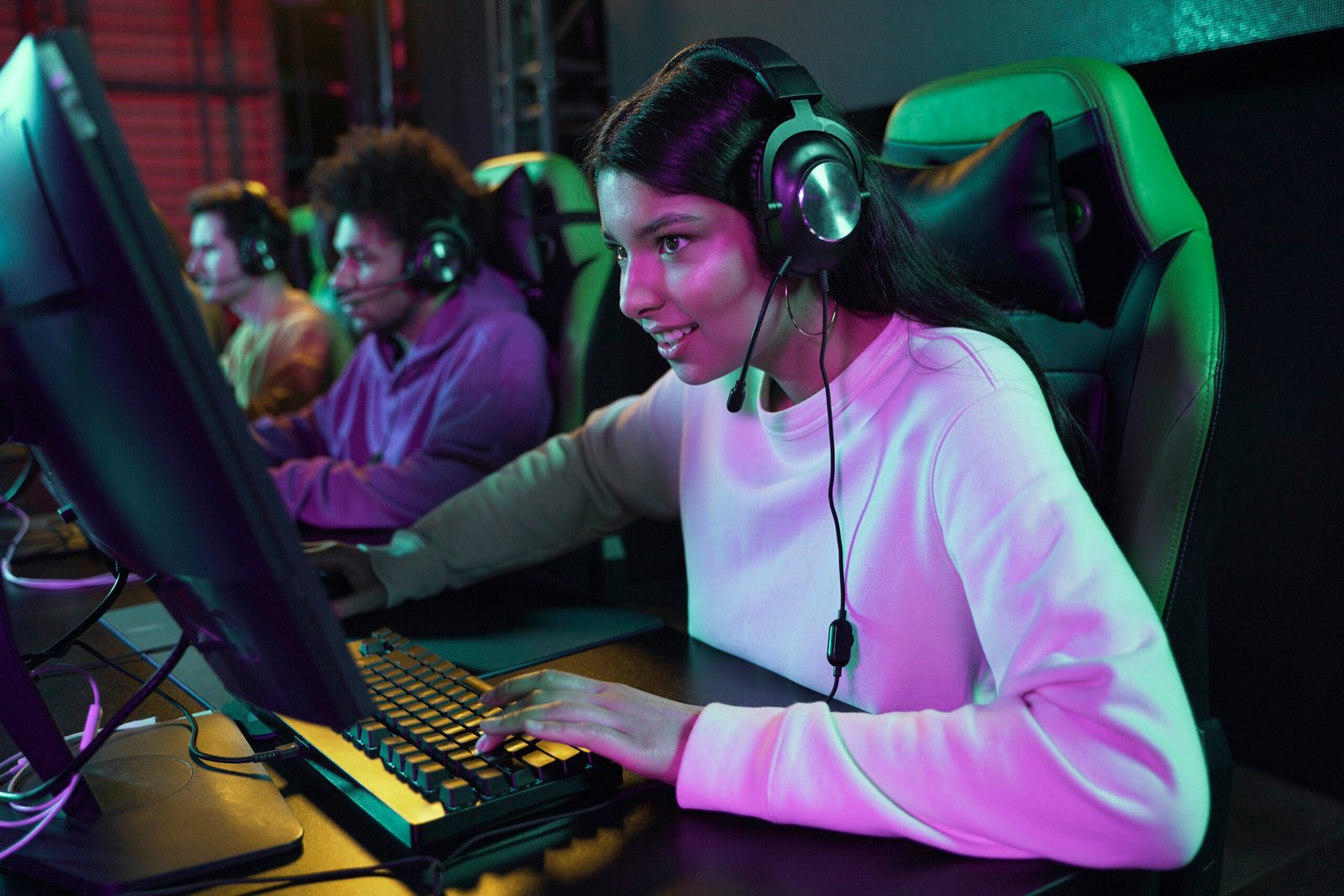Dual Blades of Esports: The Pros and Cons for Teenagers
Esports, or competitive video gaming, can have both positive and negative effects on teenagers. Let me try to provide a unique perspective that goes beyond the typical blog posts on this topic.
On the positive side, esports can foster important skills and traits that are valuable for personal and professional development. It requires strategic thinking, problem-solving, teamwork, communication, and adaptability – all of which are highly sought-after in today’s world. Participating in esports can also help teenagers develop a sense of discipline, dedication, and resilience as they strive to improve their skills and compete at higher levels.
Moreover, esports can provide a sense of community and social connections for teenagers who might otherwise feel isolated or disconnected from their peers. The online gaming communities can offer a supportive environment where teenagers can make friends with others who share their interests, regardless of geographical boundaries.
However, there are also potential drawbacks to consider. Excessive gaming can lead to sedentary lifestyles, which can negatively impact physical health and contribute to issues like obesity, poor posture, and eye strain. Additionally, some teenagers may struggle with balancing their gaming commitments with other responsibilities, such as schoolwork or family obligations, leading to potential academic or social consequences.
It’s also important to acknowledge the potential for negative online interactions, such as cyberbullying, toxicity, or exposure to inappropriate content within gaming communities. Parents and educators should be mindful of these risks and provide guidance on navigating these spaces in a healthy and responsible manner.

From a social and emotional perspective, esports can provide a unique outlet for self-expression and identity formation. In the gaming world, teenagers can explore different personas, roles, and identities in a relatively low-risk environment. This can be particularly valuable for those who may feel marginalized or struggle to fit in within traditional social circles. The sense of belonging and camaraderie found in online gaming communities can help foster self-confidence and social skills that translate to real-world interactions.
Furthermore, esports can serve as a platform for developing important life skills beyond just gaming prowess. The competitive nature of esports requires effective time management, goal-setting, and the ability to handle pressure and setbacks. These transferable skills can be invaluable as teenagers navigate the challenges of adolescence and prepare for future academic and professional pursuits.
However, it’s also important to recognize the potential psychological impacts of excessive gaming. Some teenagers may struggle with unhealthy obsessions or addictive tendencies, leading to neglect of other areas of their lives, such as schoolwork, physical activity, or face-to-face social interactions. This can potentially contribute to issues like social isolation, depression, or anxiety.
Additionally, the highly competitive and sometimes toxic environments within certain gaming communities can foster negative behaviors or mindsets, such as aggression, poor sportsmanship, or an unhealthy obsession with winning at all costs. It’s crucial for parents, educators, and gaming organizations to promote positive values and provide support systems to help teenagers maintain a healthy perspective and balance.
Ultimately, the impacts of esports on teenagers can be multifaceted and highly dependent on individual circumstances, personalities, and levels of engagement. While esports can offer valuable opportunities for skill development, social connections, and personal growth, it’s essential to approach it with moderation, guidance, and a holistic understanding of its potential risks and benefits.
Explore more esports insights on our esports blog.




